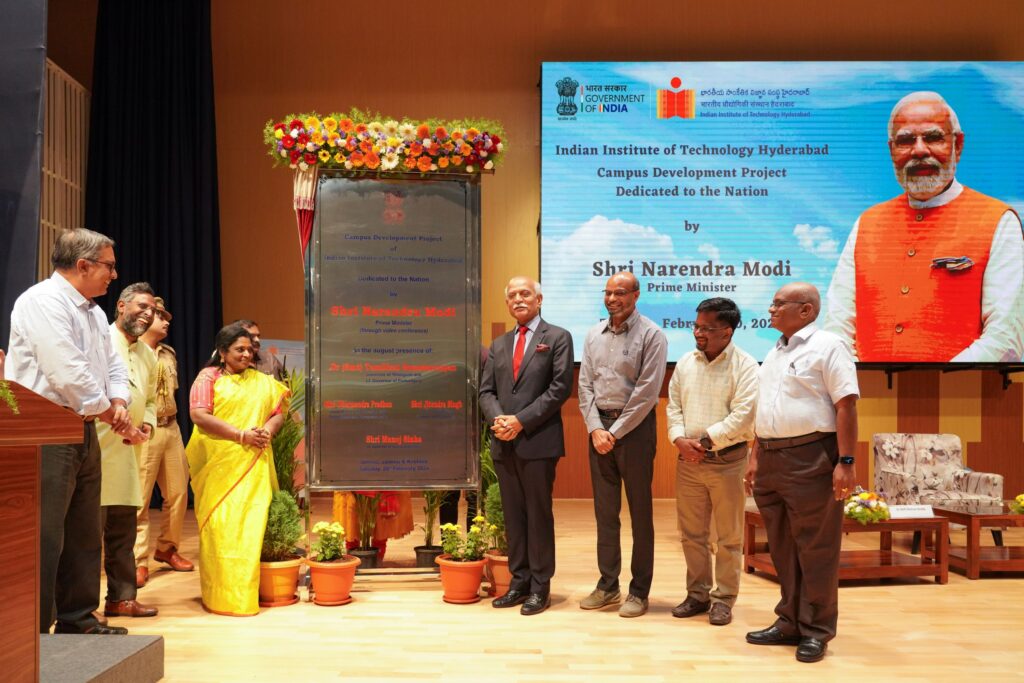Rama Krishna Sangem
The first human patient who was implanted with a brain chip from Neuralink last month has fully recovered and is now able to control a computer mouse using their thoughts, Elon Musk said late on Monday. Musk is the founder of Neuralink.
According to a report by Reuters, in a Spaces event on social media platform X, Musk said, “Progress is good, and the patient seems to have made a full recovery, with neural effects that we are aware of. The patient is able to move a mouse around the screen by just thinking.”
He said that now Neuralink was trying to get as many mouse button clicks as possible from the patient. In January, Musk announced that his firm had successfully implanted a chip in its first human patient. It received approval for human trial recruitment in September.
Musk, however, did not provide additional details about the patient. When Neuralink announced in September that it would begin recruiting people, the company said it was searching for individuals with quadriplegia due to cervical spinal cord injury or amyotrophic lateral sclerosis, commonly known as ALS or Lou Gehrig’s Disease.
Chip planted in brain through robot surgery
The study uses a robot to surgically place a brain-computer interface implant in a region of the brain that controls the intention to move, Neuralink has said, adding that the initial goal is to enable people to control a computer cursor or keyboard using their thoughts.
Musk has grand ambitions for Neuralink, saying it would facilitate speedy surgical insertions of its chip devices to treat conditions like obesity, autism, depression, and schizophrenia. Neuralink, which was valued at about $5 billion last year, has faced repeated calls for scrutiny regarding its safety protocols.
Neuralink is a startup founded by Elon Musk in 2017. It’s trying to build a brain-computer interface that would help people with traumatic injuries operate phones and PCs using only their thoughts. To do that, they are working on implanting electrodes into people’s brains.
It will take a year to study
Typically, this type of study enrols 5-10 patients and lasts up to a year. The next step is a feasibility study and then a pivotal study, which is roughly analogous to a Phase III study for a drug. If all goes well, it will likely take between five years and a decade before commercialization.


